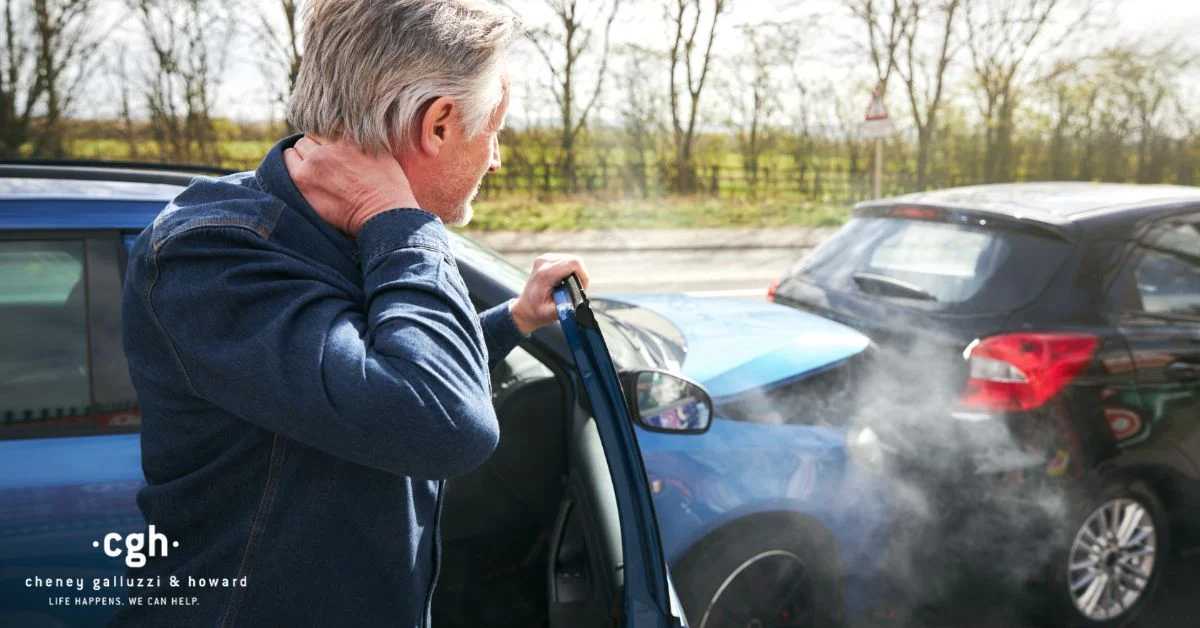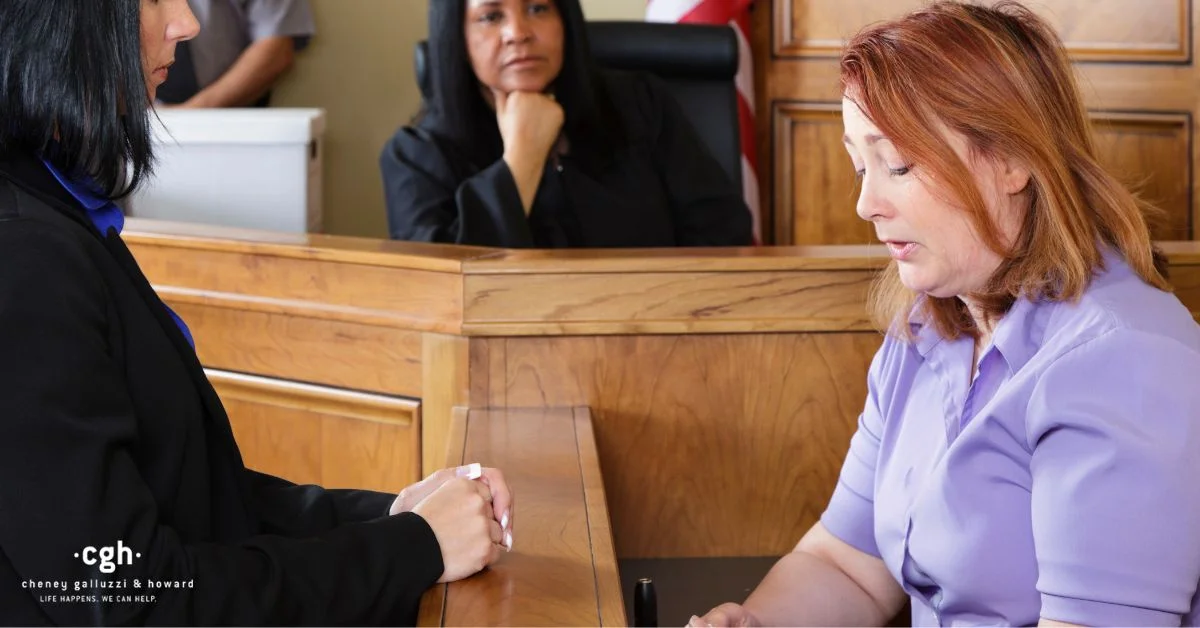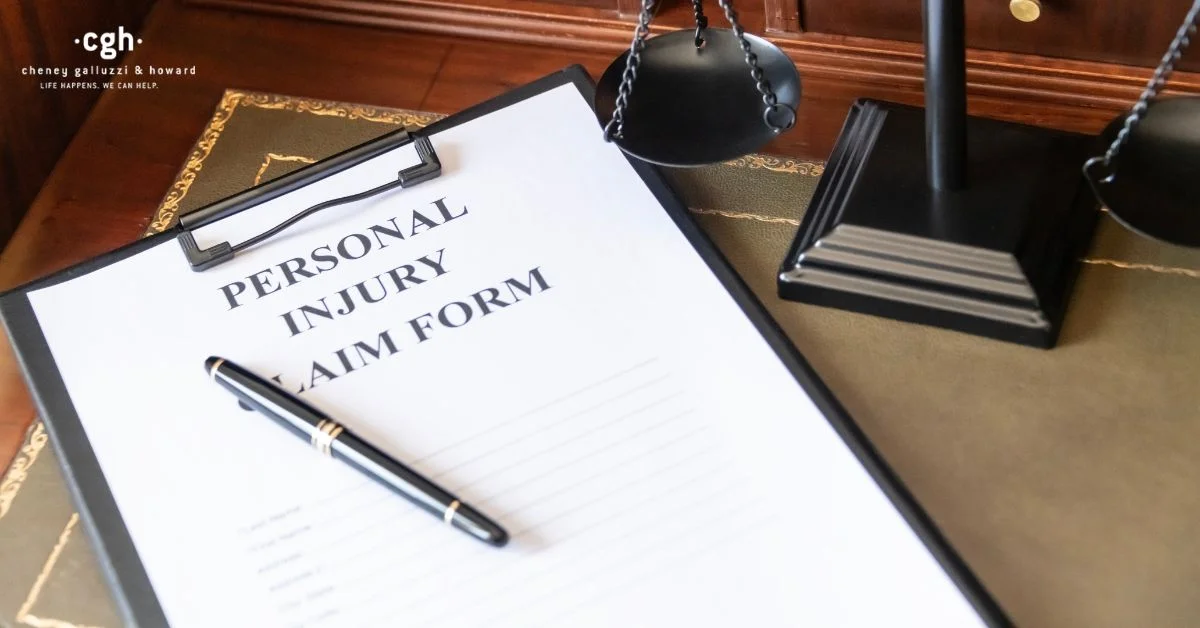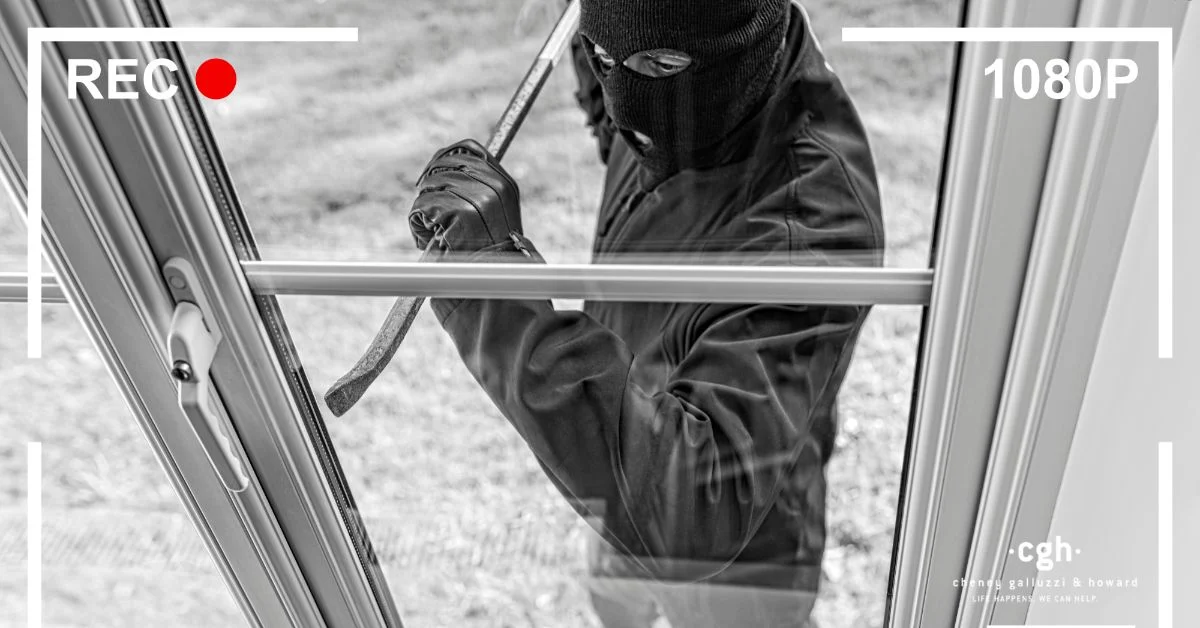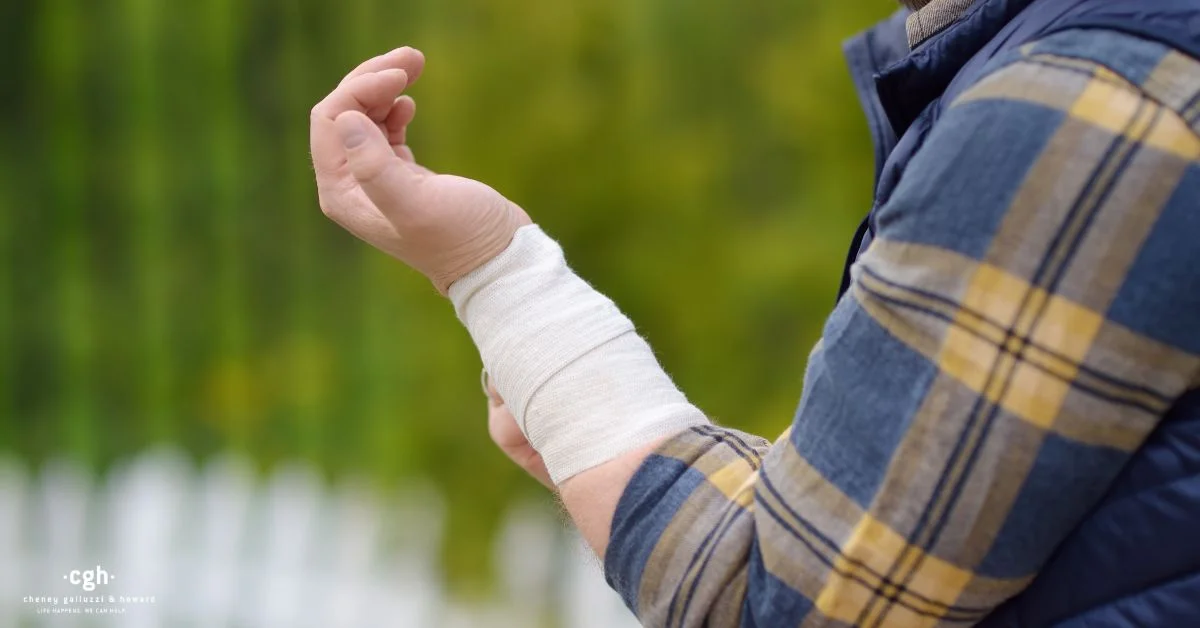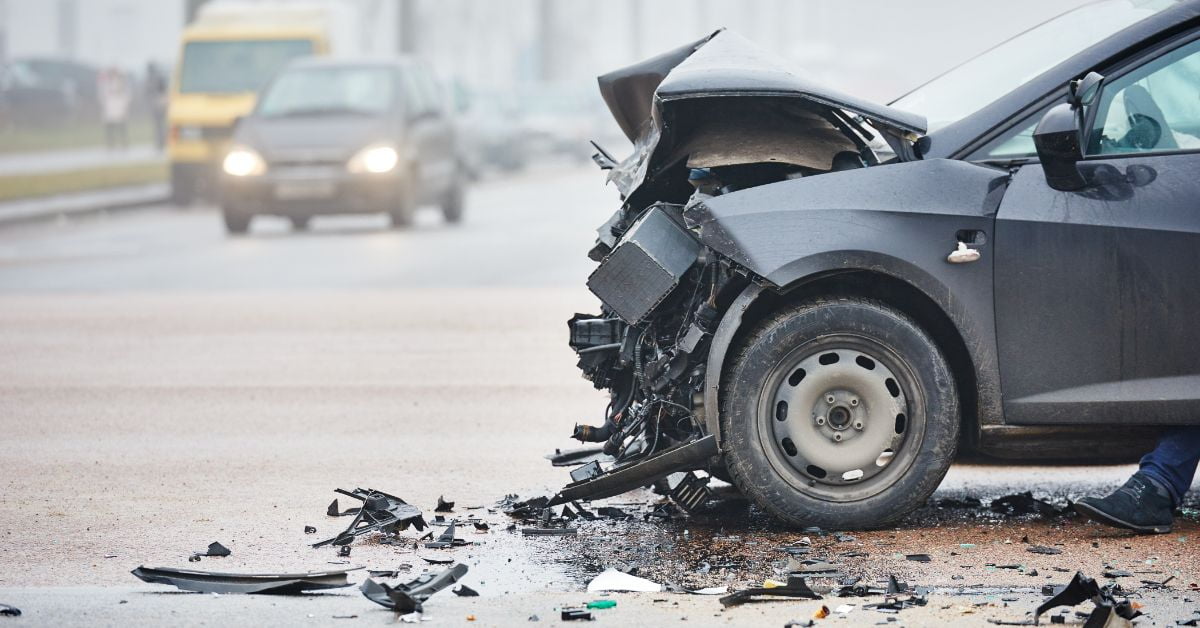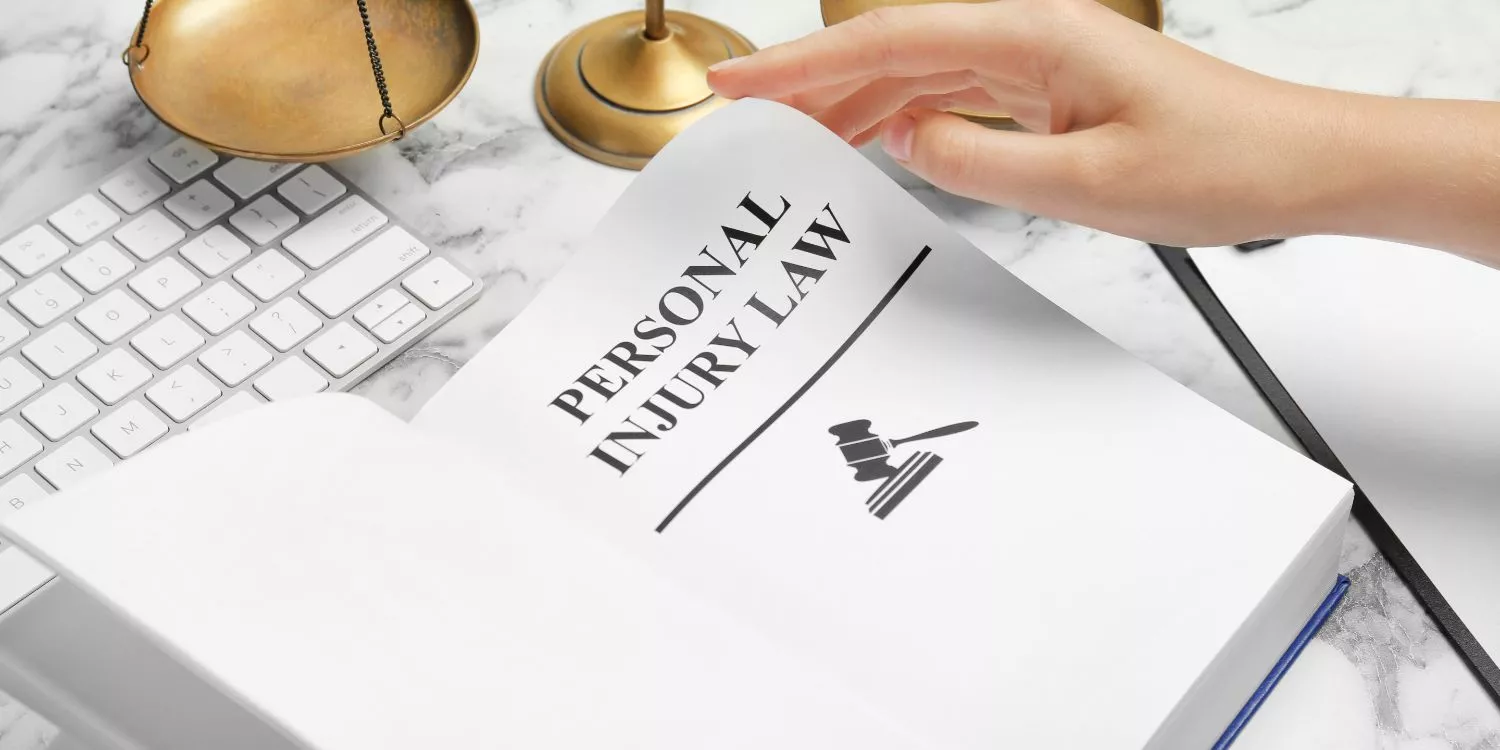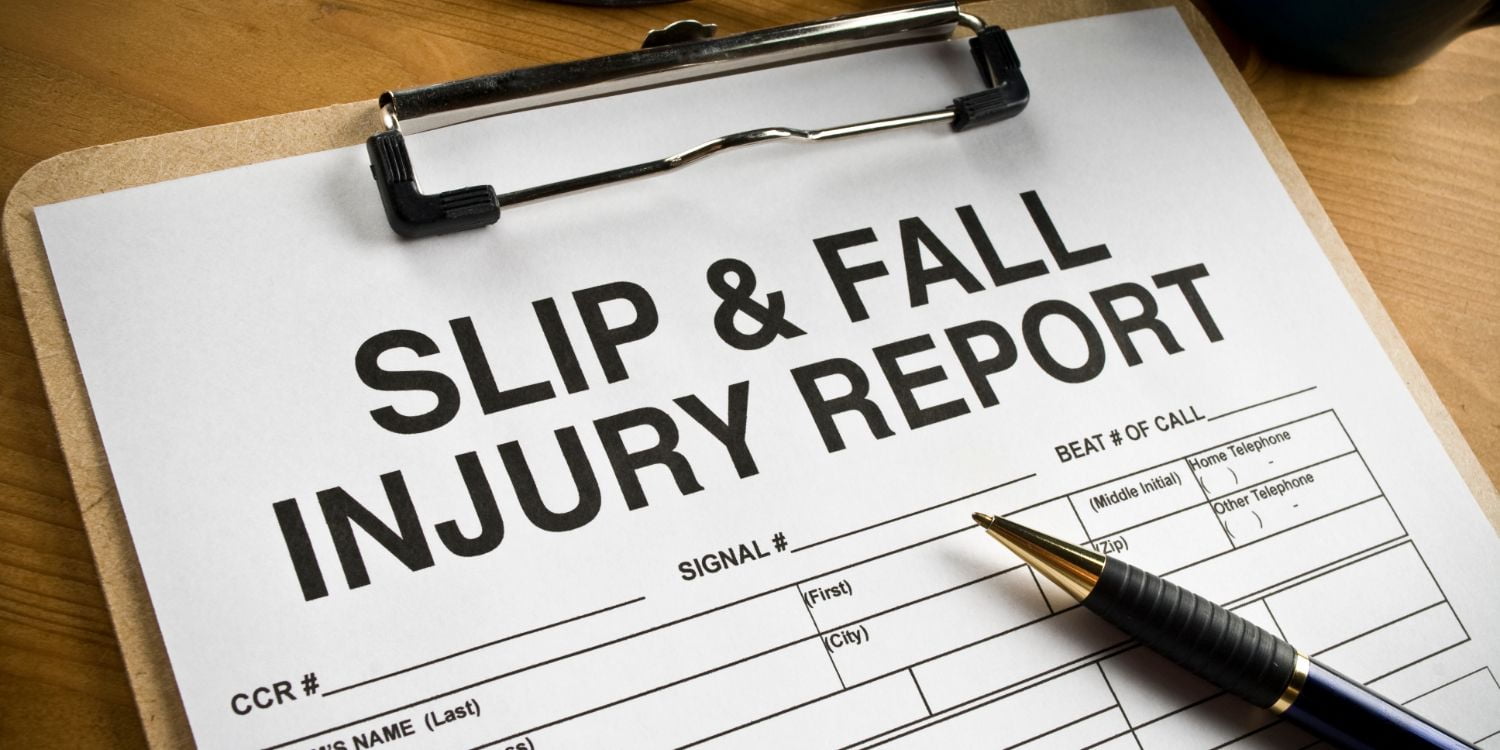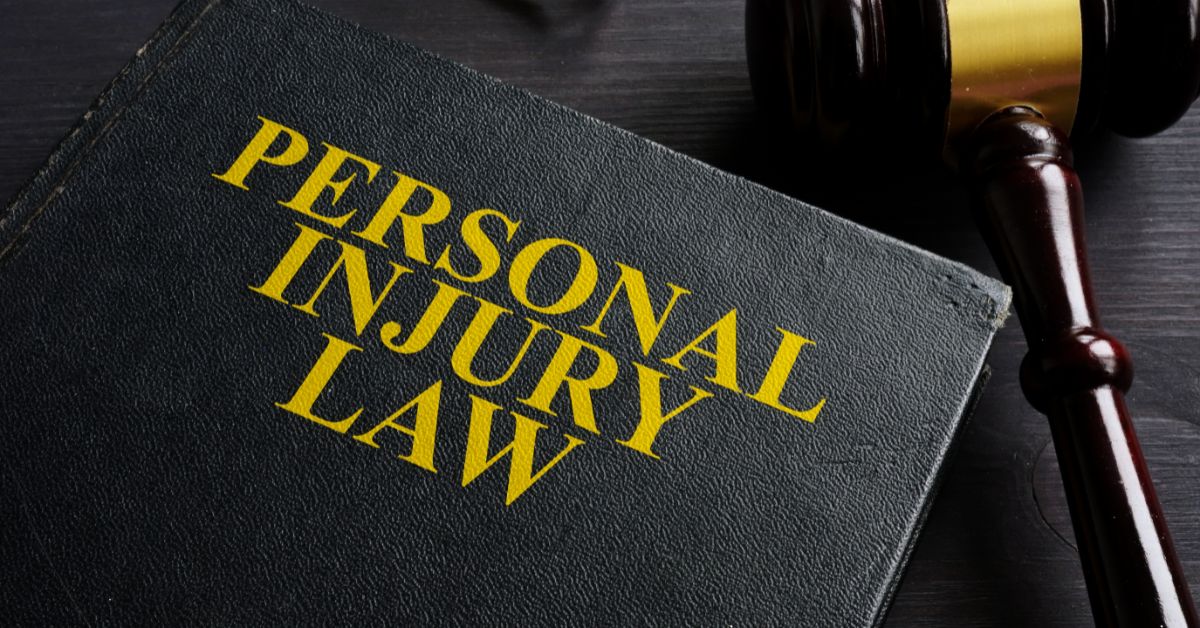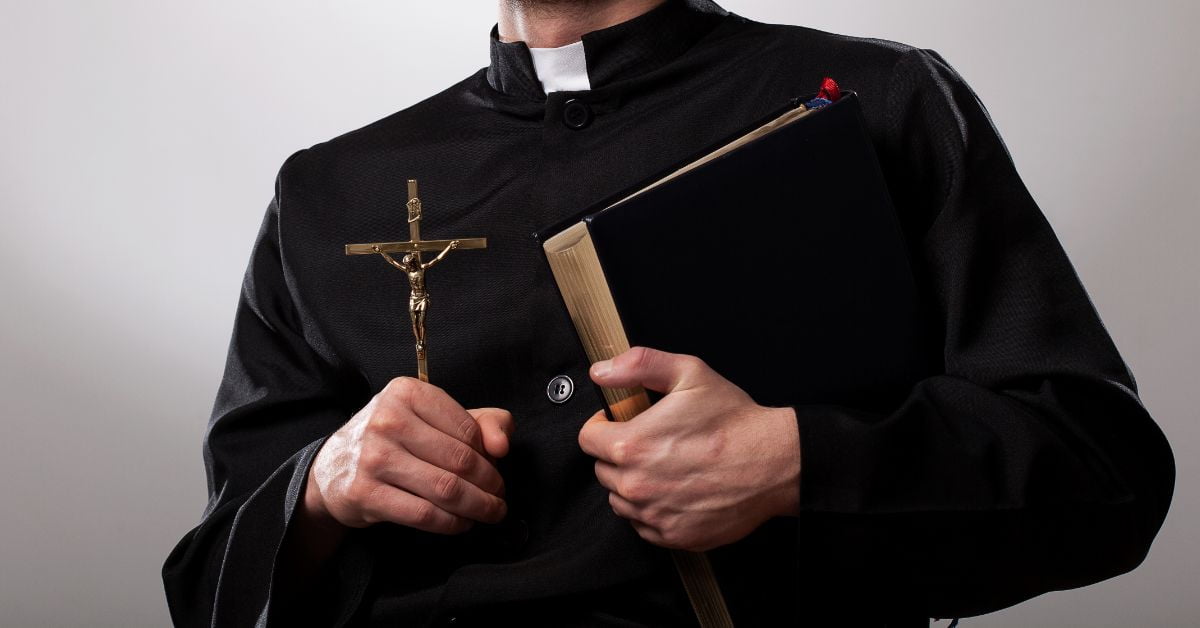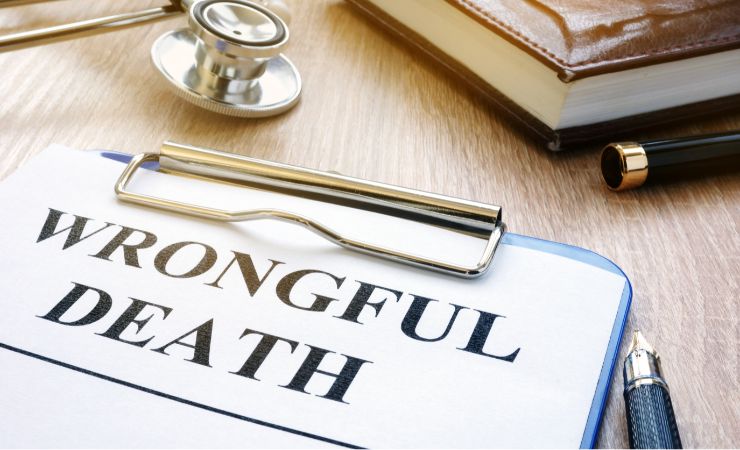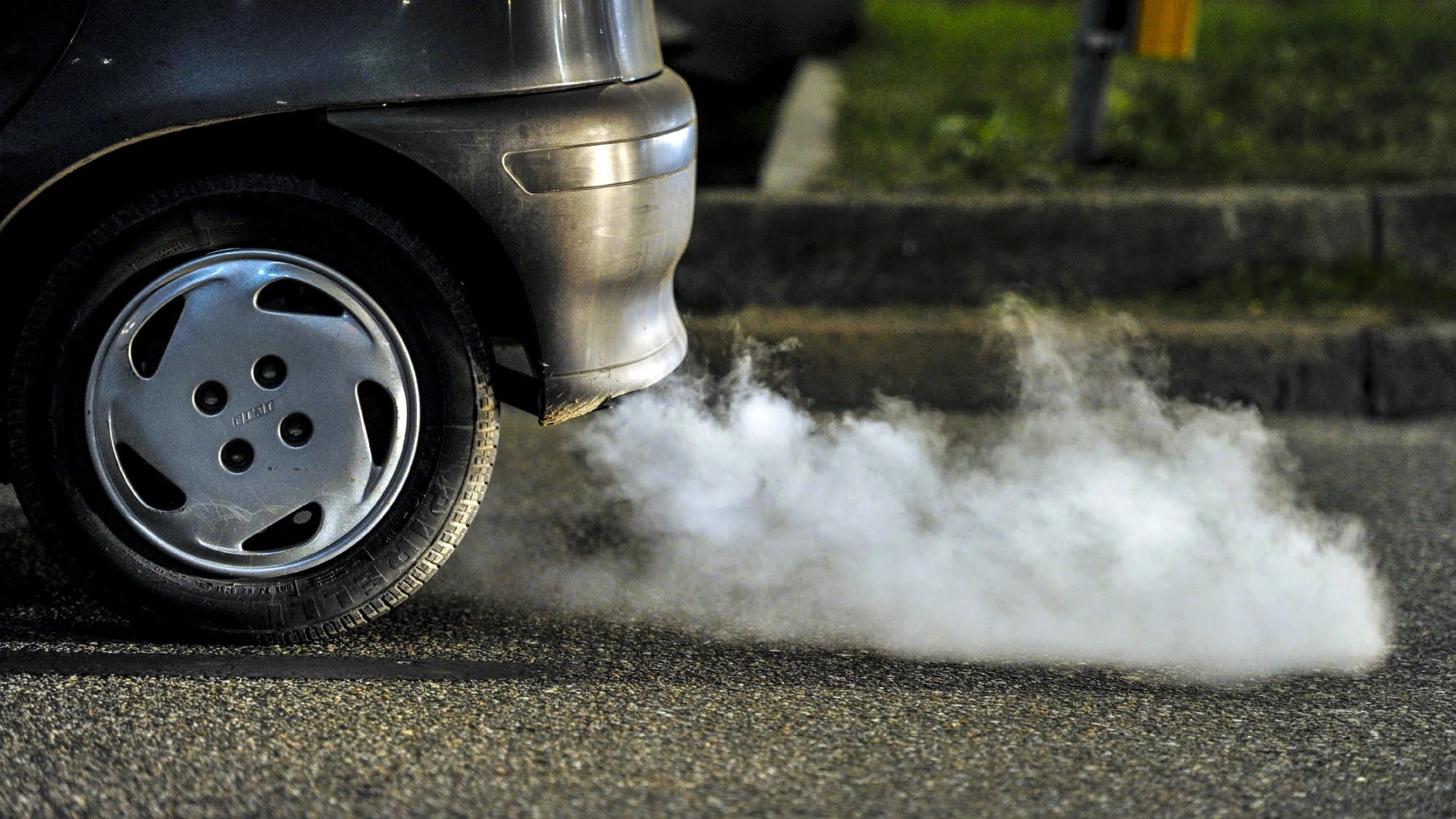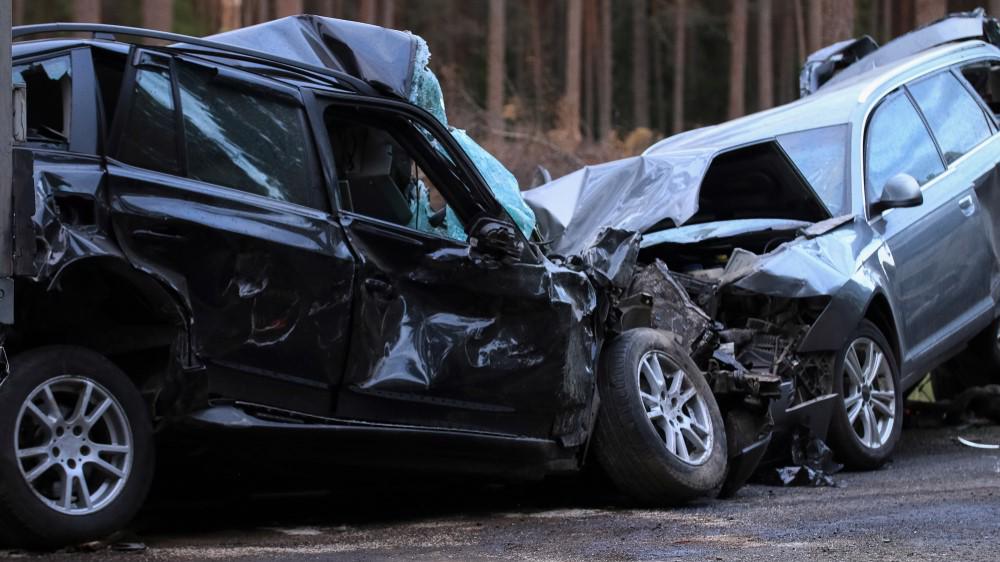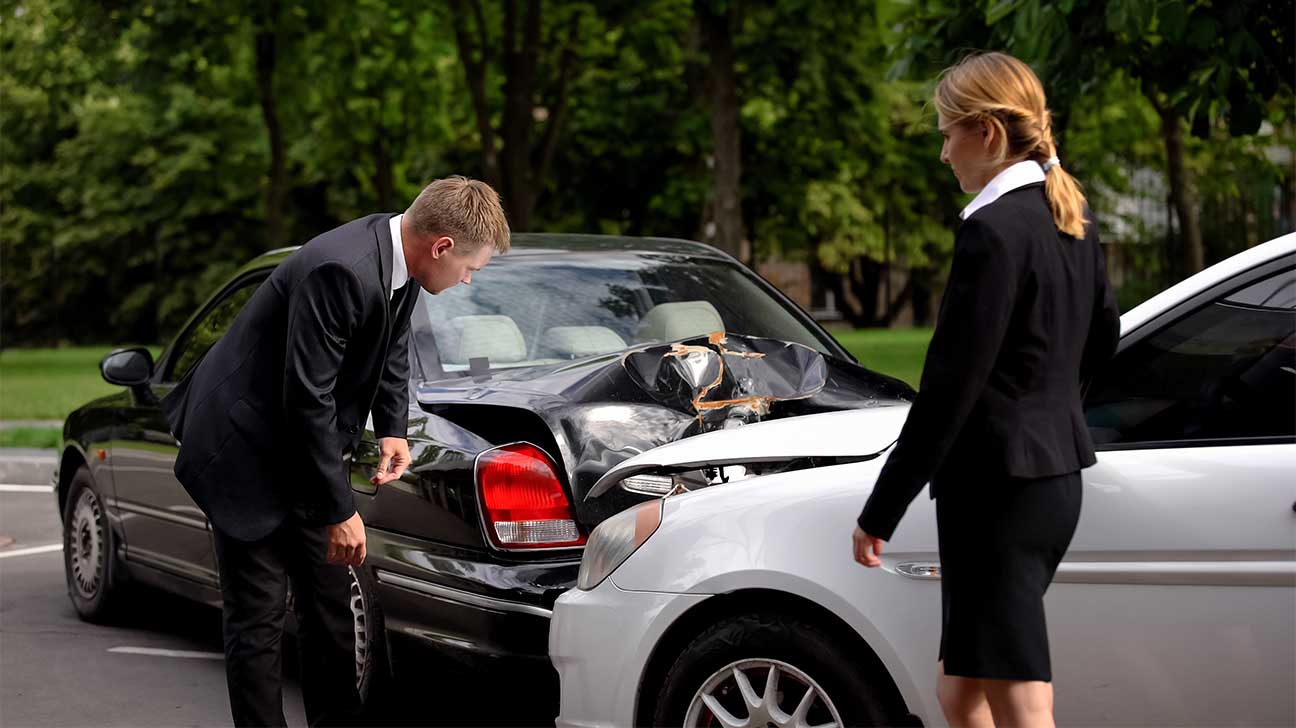Blog
Denver Accident Law Blog
Is Lane Splitting Legal in Colorado? – Motorcycle Laws CO
“Lane splitting” is a term used to define any instance in which a driver shares space next to another motorist in the same lane. This term is most commonly used to describe situations in which motorcyclists split lanes to pass between lanes of slower-moving traffic.…
How To File a Personal Injury Claim in Denver?
A sudden accident has the power to completely disrupt your life within moments. Healthcare expenses, lost income, and emotional suffering can make recovery seem insurmountable. If you were injured due to someone else’s negligence, understanding how to file a personal injury claim in Denver is…
Auto Defect Accidents in Colorado: Who’s Responsible & What Are Your Legal Rights?
Auto defect accidents in Colorado can cause serious and potentially life-threatening collisions on the state’s roads and highways. Automobile manufacturers can be held liable if any component of their vehicle fails due to poor design or subpar manufacturing techniques. Understanding how these cases are investigated…
Can You Sue After a Road Rage Accident in Denver, CO?
Finding out that someone willfully engaged in misconduct that led to a serious car collision can be an upsetting experience. Whether your injury occurred near the intersection of East 104th Avenue and Colorado Boulevard in Thornton due to someone tailgating you, or off the ramp…
Colorado Car Accident Settlement Process and Timeline
If you have been injured in a car accident caused by another driver, it is natural to wonder what you can expect for the Colorado car accident settlement process and timeline. The damages you suffered are likely to create a difficult financial situation for you…
Types of Compensation Available for Car Accident Victims in Denver, CO
Car accidents happen in Denver for various reasons. Locals know that Colfax, Federal, and Sheridan streets are some of the busiest roads in Denver, and many accidents occur on the largest continuous commercial street in America, but it’s also common for accidents to happen on…
How Much Does It Cost to Sue Someone in Denver, CO?
Filing a legal claim can feel overwhelming, especially when you're unsure of the potential costs involved. Many people in Denver wonder, “How much does it cost to sue someone in Denver, CO?” The costs of suing someone may consist of court filing fees, attorney fees,…
When To Get an Attorney for a Car Accident in Denver, CO? 2025
Car accidents have the potential to change lives completely as victims face injuries alongside soaring medical costs and uncertainty about what comes next. In Denver, many people wonder, “When should I get an attorney for a car accident in Denver, CO?” With an accomplished lawyer…
Is It Worth Getting an Attorney for a Car Accident in Denver, CO? 2025
Car accidents in Denver can lead to devastating consequences, from physical injuries to financial burdens and emotional stress. If you’ve been in an accident, you may wonder, “Is it worth getting an attorney for a car accident in Denver, CO?” A legal representative can significantly…
Denver Pedestrian Accident Statistics
The Denver pedestrian accident statistics reveal a steady rise in incidents, with fatalities frequently occurring in urban areas and during low-light conditions. These accidents often result from factors such as driver negligence, poor visibility, and inadequate pedestrian infrastructure, leaving victims and their families facing devastating…
What Are the Elements of a Wrongful Death Claim in Colorado? 2025
If you lost a family member to a fatal personal injury, it could form the basis of a wrongful death claim, but what are the elements of a wrongful death claim in Colorado? A wrongful death claim is a specific type of personal injury case…
What to Do Immediately After a Car Accident in Colorado Springs, CO? 2025
It is vital for every driver to know what to do immediately after a car accident in Colorado Springs, CO. The first steps you take in the aftermath of your accident can dramatically impact your recovery. Unfortunately, many injured drivers make crucial errors that can…
What to Do After a Hit-and-Run in Colorado 2025
Being involved in a car accident is a frightening experience. The fear felt at the scene of an accident can only intensify when the driver at fault for the accident flees the scene. Not only is this a frustrating situation, but it is also technically…
Colorado Car Accident Statute of Limitations [2025 Updated]
When you become injured in a car accident in Colorado, you retain the right to file a claim to recover damages. This would also hold the liable driver or drivers accountable for their actions and the harm you have suffered. However, there is a time…
What Happens If You Leave the Scene of a Car Accident in Denver, CO? 2025
Being involved in a car accident is a scary and uncertain experience. Many individuals may wonder what steps should be taken immediately following the crash, while others may feel tempted to simply leave the scene of the accident. However, leaving the site of an accident,…
Colorado Diminished Value Claims – All You Need to Know (2025)
Suffering a car accident can be extremely stressful and uncertain, especially when your vehicle sustains damage or you are left with devastating injuries. In cases where your car is damaged, the value of your vehicle can be reduced, even after repairs are made. This reduction…
What to Do If Your Car Starts to Skid in Colorado 2025
Colorado can experience long and arduous winters, leading to difficult road conditions as precipitation falls and accumulates. When this happens, vehicles can be more likely to skid, leading to higher chances for accidents to occur. It is important that every driver understands the risks of…
What to Do After a Car Accident That Is Your Fault in Denver, CO 2025
Being involved in a car accident can be a stressful and frightening event. These feelings only increase when you are totally or partially at fault for the accident. When a crash happens, especially in cases where you share any kind of fault in the wreck,…
Denver Car Accident Statistics – Traffic Fatalities
Trends in Denver Traffic Fatalities (2015–2024) Year Count of Fatal 2024 62 2023 77 2022 75 2021 69 2020 51 2019 61 2018 60 2017 49 2016 54 2015 52 Source: Colorado Department of Transportation If you or a loved one has suffered in a…
What to Do If You Are Hit by a Commercial Truck in Denver?
Being involved in an accident with a commercial truck is a frightening and potentially life-altering experience. These accidents are often more severe than those involving standard vehicles due to the size and weight of commercial trucks. It's important to know what to do if you…
Where Do Most Motor Vehicle Accidents Occur in the Denver Metro Area?
Motor vehicle accidents are a significant concern in the Denver Metro Area, where traffic congestion and a rapidly growing population contribute to frequent crashes. Understanding where most accidents occur can help drivers stay alert and aware, potentially reducing the risk of being involved in a…
Common Causes of Reckless Driving Accidents in Denver, CO
Reckless driving continues to be a major concern on Denver’s roads, contributing to many traffic accidents, injuries, and fatalities each year. As of 2024, common causes of reckless driving accidents in Denver, CO, have led to increased enforcement efforts and calls for greater public awareness.…
Denver Motorcycle Accident Statistics
Motorcycle accidents are a significant concern for riders, law enforcement, and traffic safety officials in Denver. With its scenic routes and busy urban streets, Denver attracts a large number of motorcyclists, but unfortunately, that also means a higher risk of accidents. Whether you're a motorcycle…
Low-Speed Impact Crashes in Denver, CO – All You Need to Know
When most people think of car accidents, they often imagine high-speed collisions with severe damage and injuries. However, low-speed impact crashes in Denver, CO, are common and can still result in injury and property damage. These accidents may happen at low speeds but still carry…
What Rights Do Passengers Have in a Denver Car Accident?
Being a passenger in a car accident can be a frightening and confusing experience. Unlike drivers, passengers don’t have control over the vehicle, yet they can still suffer injuries and damage from the accident. So, what rights do passengers have in a Denver car accident?…
Who Is at Fault in a Side-Impact Collision in Denver, CO?
Side-impact collisions are some of the most dangerous types of car accidents, often leading to serious injuries or significant vehicle damage. So, who is at fault in a side-impact collision in Denver, CO? When a side-impact collision occurs, determining fault can be complicated and hinges…
Annual Ballot Measure Guide
We are getting closer and closer to November 2024, which means it’s time for the CGH Annual Ballot Measure Guide! Our mission statement is to help people injured through no fault of their own put their lives back together. We accomplish our mission by treating…
Who Is at Fault in a Rear-End Collision in Denver, CO?
Some of the most common types of car crashes in Denver and across the US are rear-end collisions. When there is heavy traffic or sudden stops in traffic, rear-end accidents are more likely to happen. These collisions can happen at any speed and in any…
High Speed Collisions in Denver, CO: All You Need To Know
Accidents that happen at high speeds are some of the most dangerous on Denver's roads. Most of the time, these accidents cause serious injuries or death. Victims can be left with serious physical, mental, and financial problems. Due to its busy roads and growing traffic…
What Happens if You Hit-and-Run in Denver, CO?
It can be hard to figure out what to do after a car accident, especially if it is a hit-and-run. Unfortunately, these kinds of accidents happen fairly often in Denver, leaving people unsure of what they should do next. It’s important to know what happens…
What Happens if the Person at Fault in an Accident Has No Insurance in Denver, CO?
Being in a car crash can be a stressful experience, especially if the other driver doesn't have insurance. Like many other states, Colorado requires drivers to have a certain amount of liability insurance in case of an accident. But what happens if the person at…
What Happens When You Get Hit by a Drunk Driver in Denver, CO?
If you are hit by a drunk driver in Denver, it can be very scary and have serious physical, mental, and financial consequences. Accidents involving drunk drivers are often more severe because intoxicated drivers struggle with making good decisions and typically have a slower reaction…
Who Is at Fault in a Parking Lot Accident in Denver, CO?
While parking lots may seem much safer than highways, they aren't completely accident-free. Parking lot crashes in Denver happen more often than many realize, ranging from minor collisions to pedestrian injuries. These seemingly small problems can quickly escalate, especially when determining who is at fault…
Who Is Allowed to Sue in a Denver Fatal Car Accident?
When a family member dies in a car accident, you have to deal with not only the emotional toll but also the legal and financial problems that can arise as a result of the death. In Denver and the rest of Colorado, some people have…
Understanding Colorado Car Accident Wrongful Death Claims
Dealing with the aftermath of a bad car accident can be overwhelming and frustrating, particularly if the accident resulted in the unexpected death of a loved one. If someone else was at fault for that car accident, you may be able to pursue a wrongful…
Colorado Distracted Driving Dangers & Statistics
It is vital to understand Colorado distracted driving dangers and statistics in the event that you are involved in an accident. Distracted driving is one of the leading causes of car accidents across the entire United States. There are many different behaviors that can be…
Colorado Cell Phone While Driving Laws
Talking on the phone while driving can be dangerous. Using your phone while driving in certain ways is legal in Colorado, but it can still be risky. Cell phone use can contribute to distracted driving, which is one of the leading causes of motor vehicle…
10 Most Common Denver Car Accident Injuries
A car accident can be a minor nuisance, a devastating catastrophe, or something in the middle. It depends entirely on a number of significant factors, such as the safety features of the car, the speed at which it was driving, how many other cars were…
What If My Denver Personal Injury Suit Requires An Expert Witness?
It can be difficult and stressful to handle the ins and outs of a personal injury case, which is why it is recommended that you retain an experienced personal injury lawyer to spearhead your case. Having someone on your side who understands how the entire…
Will I Have Out-Of-Pocket Expenses In My Denver Personal Injury Case?
A personal injury can cost you more than just the damages you can try to recoup from the liable parties. Your injury can be life-threatening, force you to make unwanted changes, and even drain your finances in recovery costs. That's why it is so important…
What Is the Burden of Proof in a Denver Personal Injury Case?
In a personal injury case, it is vital that certain elements be proven with physical evidence. Those elements may include negligence, malicious intent, reckless endangerment, and more, depending on the case at hand. Throughout every case, the burden of proof rests with the plaintiff and…
Most Common Personal Injury Claims in Denver
Personal injury claims happen in Denver all the time. Accidents are not rare occurrences in big cities, and when an accident happens to you, you may wish to seek compensation from any parties that might be responsible for it. If you file a personal injury…
What Is Considered Property Damage in a Denver Personal Injury Suit?
In a personal injury suit, there are many different types of damages that you may recoup for your accident. These can include medical expenses, lost wages, emotional distress, pain and suffering, and property damage. Multiple types of property damage can be taken into consideration when…
What Are Punitive Damages in a Denver Personal Injury Case?
Personal injury cases can be frustrating to go through, especially if you have opted not to retain legal counsel and are trying to handle it on your own. It is highly recommended that you consult with an experienced lawyer when handling any kind of legal…
How to Find the Best Car Accident Attorney in Denver
If you or a loved one has been hurt in a car accident in Denver, it is important to understand how you can recover from the incident and what you will need to do to secure compensation for your losses. You need to know how…
Questions to Ask When Looking for the Best Denver Personal Injury Lawyer
If you or a loved one has been injured in Denver, it is important to understand your rights and the options available for seeking recovery. A personal injury claim may be your most viable option in this situation. If it is, you need to find…
Common Mistakes to Avoid After a Car Accident in Denver, CO
Car accidents are terrifying and stressful. In the aftermath of a collision, it’s easy to make mistakes. Knowing the most common mistakes to avoid after a car accident in Denver can keep you from jeopardizing your rights and ensure you’re set up to receive…
Average Pedestrian Accident Settlement in Colorado
Victims of pedestrian accidents often suffer extreme injuries and bear the financial costs of expensive lifelong medical expenses. When pedestrians get hit by motor vehicles due to the negligence or carelessness of the drivers, they are entitled to a settlement that will cover their pain…
Average Dog Bite Settlement in Colorado
Being bitten by a dog can be a traumatic experience that leads to expensive medical bills, mental anguish, and additional loss of income. If you were bitten by a dog in the state of Colorado, you probably want to know what the average dog-bite settlement…
Colorado Springs Car Accident Statistics – Traffic Fatalities
Car crashes are a big problem in Colorado Springs. Many factors go into making Colorado Springs the most dangerous city in Colorado for car accidents. Learning about statistics can help reduce and prevent accidents, which could save people’s lives. This will help you understand why…
Average Uber and Lyft Accident Settlement in Colorado
Many Coloradans rely on rideshare services, such as Uber and Lyft, to get around, leveraging such services to go to work, run errands, and pursue social or recreational activities. However, due to the increasing number of rideshare vehicles, accidents associated with such services have seriously…
Average Bicycle Accident Settlement in Colorado
In Colorado, bicycle accidents can result in severe injuries as well as significant financial losses. In the state, an average bicycle accident settlement in Colorado can vary on a case-by-case basis and is dependent on certain factors, such as the nature and severity of the…
How to Determine Fault in a Denver Car Accident?
If you or a loved one recently suffered injuries in a car accident, it is vital to understand your rights and the Colorado laws that apply to your case. You need to know how to determine fault in a Denver car accident case if you…
Average Wrongful Death Settlement in Colorado
If you have recently lost a family member due to the actions of another party, it is understandable to wonder how you can hold them accountable and what type of compensation you and your family might secure from a successful civil suit. If you are…
Most Dangerous Roads and Intersections in Denver, CO
Every driver faces numerous risks every time they drive, and even the most cautious and experienced drivers in Colorado experience unexpected accidents. If you drive in the Denver area, good habits like attentive and defensive driving can reduce your risk of causing an accident and…
How to File a Police Report After a Car Accident in Denver?
Getting into a car accident in Denver, Colorado, can be an overwhelming and intimidating experience, making it vital to understand the steps to properly document an accident and ensure legal compliance. You may be wondering exactly how to file a police report after a car…
Colorado Personal Injury Statute of Limitations Explained
The Colorado personal injury statute of limitations is a legal time limit given to accident victims looking to take legal action. For personal injury claims, the statute of limitations is two years from the date that an injury occurred. This means a victim has two…
Average Slip and Fall Settlement Amounts in Colorado
Slip and fall accidents can happen anywhere, from office buildings to grocery stores. Unfortunately, slips and falls also leave victims with serious injuries and unexpected expenses. For individuals navigating the aftermath of a slip and fall, you may wonder what the average slip and fall…
Average Motorcycle Accident Settlement Amounts in Colorado
Motorcycle accidents can result in devastating consequences, leaving victims with severe injuries, emotional trauma, and financial burdens. Determining the average motorcycle accident settlement amounts in Colorado can be challenging due to the unique circumstances of each case. Settlement amounts will vary significantly depending on factors…
Average Truck Accident Settlement Amounts in Colorado
In the aftermath of a truck accident, victims are often left with emotional trauma, physical injuries, and financial burdens. If you have recently suffered a truck accident that led to damages or injury, you may wonder what the average truck accident settlement amounts in Colorado…
Average Personal Injury Settlement Amounts in Colorado
After sustaining a personal injury in an accident, you may find yourself wondering what the average personal injury settlement amounts in Colorado are. While finding an average is often difficult due to how different every personal injury case is, there are still a variety of…
What Is the Average Car Accident Settlement in Denver?
If you were injured in an auto accident, you may be wondering what the average car accident settlement in Denver is. This is a common reaction for anyone contemplating legal action, as they often wonder whether it's worth it. It's important that you understand that…
Common Causes of Car Accidents in Colorado
If you are involved in a car accident, it’s vital to know how to prove liability and the value of having experienced legal counsel on your side. A Colorado car accident attorney can help you determine the exact cause of your accident and assist you…
Most Dangerous Roads and Intersections in Golden, CO
Car accidents can happen unexpectedly in various ways, but there are some areas in Golden, CO, with higher accident rates than others. It’s vital to know the most dangerous roads and intersections in the area to hopefully stay safer behind the wheel. However, despite your…
Most Dangerous Roads and Intersections in Fort Collins, CO
Colorado is a beautiful state that is, unfortunately, home to some particularly treacherous roadways and intersections. Several of these are located in the bustling city of Fort Collins, which is home to over a quarter million Colorado residents. It is also home to over 3,000…
Most Dangerous Roads and Intersections in Colorado Springs, CO
With nearly half a million residents and a steady population growth going back decades, Colorado Springs is home to some of the busiest roadways and intersections in the state. As your Colorado Springs car accident attorney, Cheney Galluzzi & Howard, is using traffic data from…
Most Dangerous Roads and Intersections in Lakewood, CO
If you drive in the Lakewood area of Colorado, it is important to know the areas that have the highest accident rates. While it’s vital to always drive defensively and cautiously, exercising additional care in high-risk areas can potentially help you avoid causing an accident.…
What Happens if You Don’t Exchange Information After an Accident in Colorado?
Several people throughout Colorado have experienced car accidents, and many agree that this is a stressful and difficult experience to live through. It’s normal for people to be unsure what they should do next. You and the other person involved may know to call the…
Ordinary Negligence vs. Gross Negligence in Colorado: What’s the Difference?
Negligence, also referred to as “ordinary negligence,” refers to a careless action or mistake that causes another party to become injured. There are several types of negligence someone can file a claim for, yet proving negligence itself can be challenging for the average Coloradoan. More…
Is Colorado a Comparative Negligence State?
The term “comparative negligence” is regularly used by insurance companies to decide who is at fault for a car accident. In comparative negligence cases, one person involved in the accident seeks compensation, whereas contributory cases prevent the plaintiff from receiving compensation. Other negligence laws, such…
Headache After a Car Accident in Colorado: What to Do?
Car accidents can be traumatizing and result in severe injuries. While we’ve all dealt with headaches throughout our lives, experiencing a headache after a car accident is much different from the standard head pain. Because of the fast jolt that occurs in a collision, you…
3 Key Points for Managing Personal Injury Complex Litigation Cases in Colorado
Every personal injury case is unique, meaning every client faces different challenges as they seek compensation for their losses, and there is always a chance for unexpected complications to arise in any personal injury suit. However, some personal injury claims are inherently more challenging than…
Benefits of Co-Counsel on Complex Personal Injury Cases in Colorado
Many personal injury attorneys in Colorado routinely handle clients’ cases without calling on assistance from other attorneys. However, co-counsel is an invaluable asset in especially challenging cases that can not only alleviate the burden your firm faces with a particular case but also ensure that…
Colorado Clergy Abuse – Frequently Asked Questions
Sexual assault of any kind is incredibly traumatic and harmful, especially when the victim is a child. This situation is made worse when the act is perpetrated by a person who has abused a position of authority and trust, such as a member of the…
Being Sued for Car Accident in Colorado – What Can They Take?
A car accident is a frightening experience for anyone, but it can be worse if you are being sued as an at-fault driver. Colorado is an at-fault state for insurance claims. Determining fault is a necessary part of a car accident for both insurance claims…
How Long Does It Take to Settle a Car Accident Claim in Colorado?
Car accidents are traumatic events. However, in some cases, the actual collision is not the hardest part. The aftermath of a car accident can be complicated and frustrating, especially when insurance companies are involved. Although the state of Colorado does everything it can to protect…
10 Things to Do After a Bicycle Accident in Colorado?
Bicycles are environmentally friendly, fun to ride, and a healthy choice for local transportation. However, you face the risk of serious injury every time you take your bike on the road near motor vehicle drivers. Therefore, when a bicycle accident happens, it is crucial to…
Is Colorado a No-Fault State for Car Accidents?
Prior to 2003, the state was a no-fault state for car accidents. This meant that if you had a car accident, you would file a claim against your own auto insurance policy to cover your damages, regardless of who caused the accident. You would only…
Car Accident Without Insurance Not at Fault Colorado – All You Need to Know
Every state in the country has different laws and statutes for resolving car accidents. Some states enforce no-fault systems, requiring drivers to carry their own personal injury protection insurance that they would use should an accident occur, regardless of who caused it. Others, including Colorado,…
Colorado State Moped & Scooter Laws – All You Need to Know
Gas-powered scooters and other personal vehicles known as mopeds are commonly used throughout the state, and while these vehicles are not subject to the same laws governing motor vehicles like cars, trucks, and motorcycles, the state does enforce specific laws that you must acknowledge if…
How Much Does a Colorado Personal Injury Lawyer Cost?
If you or a family member recently sustained a physical injury and/or economic loss because of another party’s actions, you can seek accountability for their actions with a personal injury claim. While the average person is likely familiar with the concept of a personal injury…
Driving Without a License in Colorado – What You Should Know
Every driver has various rights and responsibilities when it comes to maintaining their driving privileges, and losing your license can be a tremendous problem in various ways. However, if you have lost your license for any reason, it is never worth risking the penalties associated…
Average Settlement for Car Accident Back and Neck Injury in Colorado
Car accidents happen every day for many reasons, and unfortunately, some of these incidents result in life-changing injuries for those involved. Back and neck injuries are some of the most commonly cited physical injuries suffered in car accidents, and some such injuries can present life-altering…
Cheney Galluzzi & Howard’s 2024 Annual Ballot Measure Guide
It’s almost November 2022, which means it’s time for CGH’s Annual Ballot Measure Guide! At CGH, we intend to spend our careers fighting for justice. We understand that the fight for justice must take place beyond just the courtroom. When we formed our law firm,…
Colorado Dog Bite Law – Statute of Limitations
Dogs are widely considered “man’s best friend” and are very popular pets throughout the United States. Most people are fortunate to have mostly positive interactions with dogs, but dog attacks can and do happen, often without any prior warning. While some dogs display aggressive behavior…
Colorado Wrongful Death Statute of Limitations
Losing a loved one unexpectedly can be a devastating experience, especially if you know their death was the result of another party’s actions. A “wrongful death” is any death that occurs because of negligence or intentional misconduct. Proving fault for a wrongful death requires most…
Typical Car Accident Settlement Amounts in Colorado – All You Need to Know
Car accidents are common throughout Colorado, and some of these incidents result in devastating injuries and expensive economic damages. If you believe another party is responsible for a car accident you recently experienced, it is understandable to have lots of pressing legal questions about how…
Colorado Vehicle Emissions Requirements
Vehicle emissions are the release of pollutants from a vehicle’s tailpipe. These pollutants are a combination of the exhaust from the engine and the evaporation of gasoline and other chemicals from the fuel system. The emissions from a vehicle can be a significant source of…
Reckless Driving Examples in Colorado
Many of us drive our cars every day. Despite the normalcy of this practice, driving remains one of the most dangerous activities that most of us partake in on a regular basis. It’s entirely possible to get into a serious or lethal car accident in…
Commercial Truck Axle Weight Limits Colorado
Commercial trucks are an essential part of our economy. These vehicles make sure that the products that keep our country going get from one place to the next. Without these, ordering items offline would be a very different experience. Though commercial trucks are common, many…
What Are the Odds of Dying in a Car Crash in Colorado?
Most people go to great lengths to make sure that they are safe and protected and that they stay away from dangerous situations. Unfortunately, we are not always in control of our own safety. Other people’s behaviors can easily endanger our safety and even cause…
Colorado Driver Handbook
As a driver, it’s important that you keep yourself up to date on current guidelines and laws surrounding Colorado roads. This knowledge not only helps to keep you safe but can also ensure you don’t get pulled over for violating any road rules. Though many…
Colorado Motorcycle Helmet Laws
Motorcycling can be a fun way to get around. Many people opt for this mode of transportation over cars for the thrill, the easy maneuvering, and the community. Though there are many valid reasons to ride a motorcycle, it’s important to remember the dangers as…
Colorado Car Insurance Laws – All You Need to Know
Whether you are a long-time resident of Colorado, just moving to the state, or just acquiring a vehicle, it’s important to understand the state laws surrounding car insurance. If you don’t properly insure your car, you can find yourself in significant financial and legal trouble.…
What to Do After a Car Accident in Colorado
Car accidents can be damaging and traumatic experiences. These incidents often occur unpredictably, and the drivers involved may be shaken and unsure of what to do in the immediate aftermath. Therefore, every driver in Colorado needs to know the first steps to take after a…
Colorado Car Accident Statistics
Trends in Colorado Traffic Fatalities (2015–2024) Year Count of Fatal 2024 686 2023 720 2022 764 2021 691 2020 622 2019 597 2018 632 2017 648 2016 608 2015 547 Source: Colorado Department of Transportation Car accidents happen every day in Colorado and throughout the…
Does Insurance Follow the Car or the Driver in Colorado?
Every driver in Colorado must have auto insurance that meets the state’s minimum coverage requirements. Colorado is a fault state, meaning an at-fault driver is responsible for any damages they cause to others. An injured driver has the right to file an insurance claim against…
How Much Can Someone Sue for a Car Accident in Colorado?
Car accidents can be damaging and traumatic experiences, and it’s not always easy to determine the best legal steps to take after these incidents. Colorado uses a fault-based system to resolve car accident cases, and determining fault will be crucial for an injured driver struggling…
Colorado Car Accident Laws — Everything You Need to Know
Car accidents happen every day throughout Colorado, and it’s vital for a driver who experiences an accident to know the laws and statutes that are likely to come into play in the subsequent legal proceedings. Every car accident is unique, and almost every accident will…
What Is the Three-Second Rule in Driving in Colorado?
Every driver should do their best to minimize their risk of causing an accident in Colorado. Auto accidents occur for many reasons, and some of the most common include distraction, speeding, and aggressive maneuvers. When drivers cause accidents, they become liable for any damages they…
Call An Accident Attorney At Cheney Galluzzi & Howard Today!
We offer a free initial consultation to discuss your case and answer your questions. Call us at
© 2025 Cheney Galluzzi & Howard, LLC | All rights reserved.












